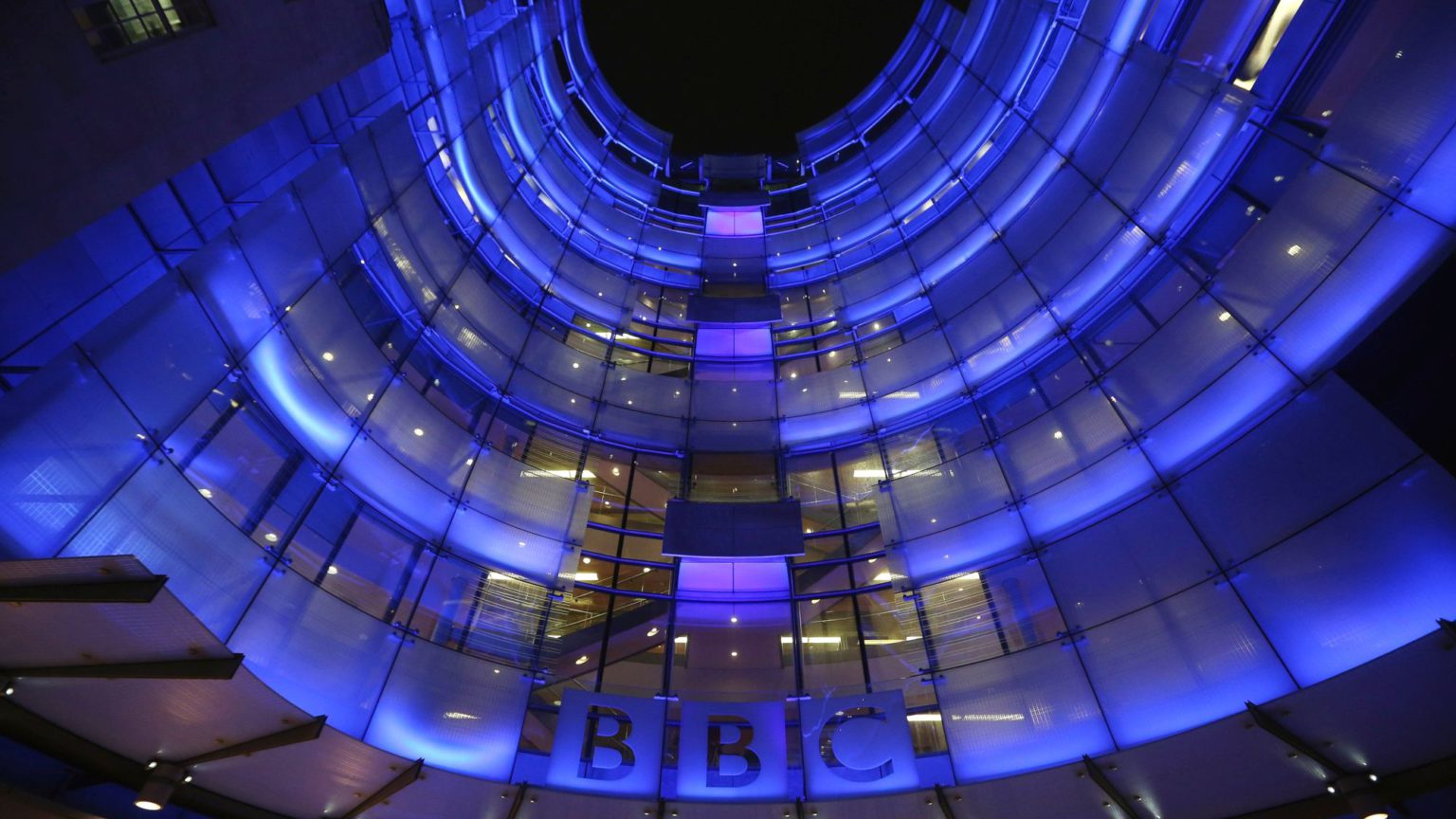The BBC’s bizarre n-word controversy
A journalist has been condemned for quoting it in a news report about a racist attack.

Want to read spiked ad-free? Become a spiked supporter.
There are a lot of problems with the BBC’s output, but anti-black racism is almost certainly not one of them. And yet, this is more or less what the corporation has been accused of in the still rumbling controversy over a BBC News report’s use of the n-word.
More than 18,000 people have complained about the piece, which was broadcast on Points West and the BBC News channel on 29 July. BBC Radio 1Xtra dj Sideman has resigned in protest over it. A group of black female professionals has since called for a 24-hour boycott of all BBC content. And BBC staff are still busily tweeting their dismay.
Given all this, you’d be forgiven for thinking the journalist in question, BBC social affairs correspondent Fiona Lamdin, had launched into some racist, n-word-strewn diatribe, or perhaps jokingly started singing along to a rap song in the middle of an afternoon broadcast – blithely unaware that a white woman casually using that most ugly word would be a big deal.
Of course, she didn’t do either of those things. What she actually did was quote the word in a report on a brutal racially aggravated attack in Bristol, in which the attackers are alleged to have used it. A 21-year-old NHS worker and musician called K-Dogg was hit by a car, sustaining injuries including a broken leg, nose and cheekbone. According to the BBC, the family supported Lamdin’s use of the slur in the piece, hoping it would illustrate the full severity of the incident.
But apparently the desire of a journalist and a victim’s family to plainly present the facts of a suspected racist attack is irrelevant. The BBC, having originally stuck by the report, has now said it was a mistake and apologised. ‘The BBC now accepts that we should have taken a different approach’, wrote director general Tony Hall in an email to staff. Inevitably, this statement has been met with outrage that he didn’t cave in sooner.
It goes without saying that the n-word, in its original intended meaning, representing the brutal degradation of black people’s humanity, is about the most toxic word in the English language. Plus, without wanting to dip into the interminable ‘so why do black rappers still use it?!’ debate, most would concede the word still lands very differently when said by a white person than a black person, even when it is used with no malice.
But the suggestion being made – that Lamdin using it was de facto racist and that it perhaps reflects deeper prejudices within her or the BBC – is not only deeply uncharitable, it is also kind of unhinged. ‘If this is what people feel comfortable saying to millions of viewers, what are they saying behind closed doors?’, writes one commentator, with apparent sincerity, in the Metro. One BBC World Service journalist has genuinely suggested that there is some racist double standard at play: whereby white journalists are able to use it in reports while black journalists are not.
Good people can disagree about the appropriateness of using coarse language of any kind when reporting the news. Journalists often negotiate the line between reporting horrendous stories in a hard-hitting and visceral way and avoiding unnecessary offence or discomfort on the part of the audience. But the idea that there is no debate to be had here is simply untrue. Clearly, K-Dogg’s family disagrees.
In questions of language and offence, context and intent really do matter. There is a world of difference between a racist thug using the n-word to degrade and harass another human being and an academic quoting Huckleberry Finn. (Incidentally, it is striking that so many who think we must ‘reckon’ with the reality of racism past and present seem most keen on us talking about it only in roundabout, anodyne and carefully filtered ways.)
InfluencHers, the professional group calling for a BBC boycott, has genuinely said the report’s use of the n-word could itself ‘constitute a race hate crime’. What an absurd, and telling, accusation. The great and the good seem to have spent more time expressing outrage at Lamdin quoting the n-word than they have about K-Dogg having it spat at him while he was run over by a car. This shows just how screwed up your priorities become once you buy into the idea that words really do wound.
Tom Slater is deputy editor at spiked. Follow him on Twitter: @Tom_Slater_
Picture by: Getty.
Who funds spiked? You do
We are funded by you. And in this era of cancel culture and advertiser boycotts, we rely on your donations more than ever. Seventy per cent of our revenue comes from our readers’ donations – the vast majority giving just £5 per month. If you make a regular donation – of £5 a month or £50 a year – you can become a and enjoy:
–Ad-free reading
–Exclusive events
–Access to our comments section
It’s the best way to keep spiked going – and growing. Thank you!










Comments
Want to join the conversation?
Only spiked supporters and patrons, who donate regularly to us, can comment on our articles.